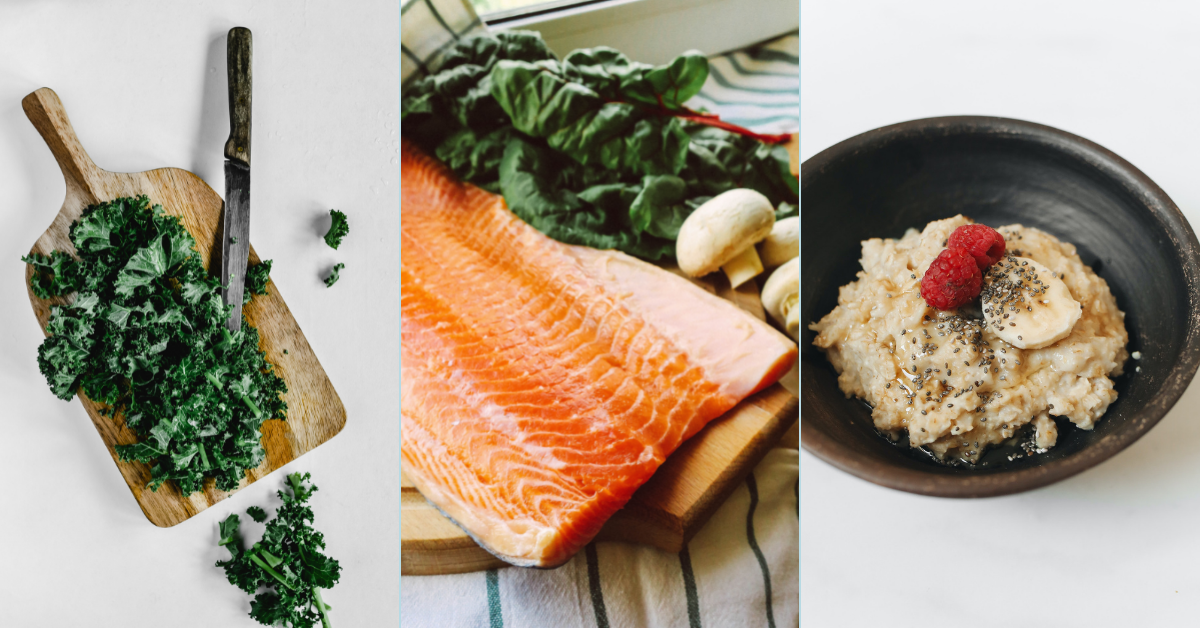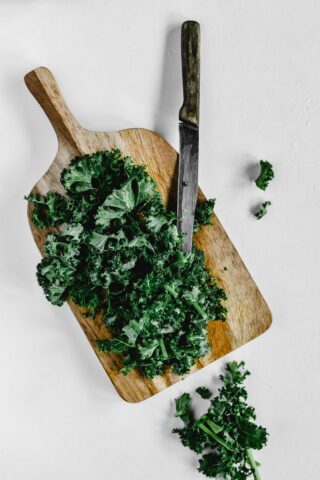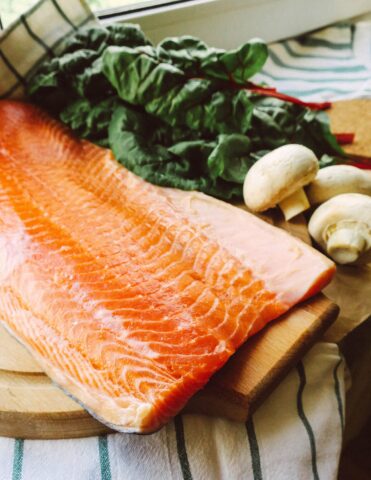
Eat Well, Live Well, and Age Well – Top 3 Foods to Include in Your Diet Especially for Seniors
New year, new goals! With the new year, many of us are looking to hit the reset button and start it off on the right foot, including re-evaluating our diet and nutrition. Are we getting the right amount of nutrients? Why should we be concerned with vitamin deficiency, especially seniors? How does having good nutrition help manage chronic health conditions?
If you find yourself asking the same or similar questions, we did some research to find the top three foods to help you live and age well. Of course, there are many more foods you can include in your healthy diet. With the sudden increase in grocery accessibility, you can really have fun creating meals that will help keep your body strong, your mind sharp, and your energy level up as you age.
1. Leafy Greens
Meet your new dietary powerhouse friend. Dark green vegetables are packed with vitamins (vitamins A, C, E, K, and many of the B vitamins including folate), minerals (magnesium, calcium, iron, and potassium), antioxidants, fiber, and phytonutrients (plant-based compounds may even play a role in the prevention and treatment of disease).
Focusing on just vitamin K — one of the key nutrients in many dark vegetables — recent research has shown many people do not get enough of it. Vitamin K may help prevent diabetes, regulates blood clotting, protects bones from osteoporosis, prevents against inflammatory diseases, increase cognitive functions, and more.
Examples of dark green leafy vegetables include spinach, kale, watercress, and swiss chard. Other great options are Chinese cabbage, collard greens, and leaf lettuce.
Recipe suggestions:

2. Salmon
Rich in fiber, whole grains are definitely essentials in your pantry. As we age, our gastrointestinal track walls thicken and its contractions are less frequent, thus increases potential of constipation. Promote proper digestion by adding fiber (high in whole grains) into your daily diet.
Additionally, eating whole grains lowers the risk in the following health diseases/conditions: stroke, type 2 diabetes, heart disease, and obesity. Research from Harvard has even linked whole grains with lower mortality.
The nutrients packed in whole grains consist of B vitamins, minerals (zinc, iron, magnesium, and manganese), protein, antioxidants, and plant compounds.
Some of the best whole grains include but not limited to are oatmeal, millet, quinoa, brown rice, whole rye, wild rice, barley, and buckwheat.
Recipe suggestions:

3. Whole Grains
Omega-3s are super important to include in your diet as it is a fatty acid that our bodies cannot produce. Eating oily fish is good for heart health because they lower blood pressure and cholesterol. In fact, the American Heart Association recommends eating fish at least twice a week. Additionally, eating oily fish twice a week can even protect one’s vision, reducing macular degeneration.
Other nutrients in salmon include vitamins A, D, B12, and B3 as well as minerals like selenium and zinc.
While we can’t avoid the natural aging process, adding salmon to our diet will support healthy aging by maintaining bone health and preventing muscle loss.
If you are adding other fish and seafood into your diet, it is recommended to avoid fish high in mercury or limit the intake of such seafood.
Recipe suggestions:


